News
Catch up on what we’re working on, from project updates to fundraising campaigns, behind-the-scenes moments, and ways you can get involved.
 February 17, 2025
February 17, 2025
Renowned garden historian Advolly Richmond joins Village Water as new Ambassador
Join us in welcoming Advolly and supporting our vision of reaching everyone, everywhere with safe water, leaving no one behind.
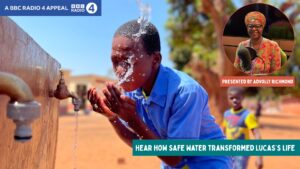 December 3, 2025
December 3, 2025
Village Water feature on BBC Radio 4 Appeal: Bringing Safe Water to Children In Mozambique
Did you miss our BBC Radio 4 Appeal? Don’t worry, you can still listen here https://www.bbc.co.uk/sounds/play/m002mmby . In rural Mozambique, Lucas used to miss school regularly. His family’s well ran dry far too often, and the local toilets were unsafe. Fetching water took hours, and illness was common. Everything changed when Village Water installed a solar-powered water system and safe toilets in […]
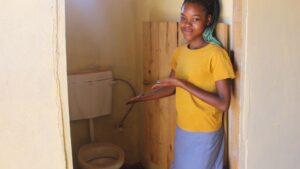 November 19, 2025
November 19, 2025
World Toilet Day, Creating Safe Spaces for Every Child
Each World Toilet Day is an opportunity to highlight how access to safe sanitation can transform lives, improving health and education for millions of people around the world. At Village Water, we know that clean, safe toilets are more than just facilities; they create lasting change, improving health, confidence, and opportunity. In schools, a toilet can be […]
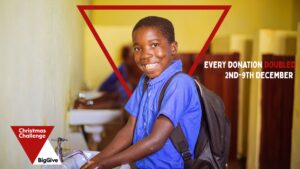 October 31, 2025
October 31, 2025
Double Your Impact This Christmas with the Big Give Challenge!
In March 2025, Village Water Data Officer Tom Cripps had the incredible opportunity to visit several of our project sites in Zambia, including the Imana Integrated Project, Likuma School, and Kitumba Community School. This trip was a valuable reminder of why we do this work.
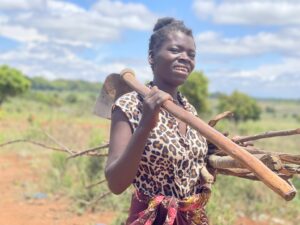 September 26, 2025
September 26, 2025
Building Sustainable Futures: Village Water’s WASH Carbon Reduction Project
In a world grappling with water scarcity and climate change, finding sustainable solutions is not just essential—it’s urgent. Village Water, alongside partners CO2 Balance, WATSAN Mozambique, and ECHO Zambia, embarked on an innovative journey to tackle these challenges head-on. Our project isn’t just about repairing water points; it’s about creating a ripple effect of positive […]
 April 30, 2025
April 30, 2025
On the Ground in Zambia: Reflections from Our March 2025 Site Visits
In March 2025, Village Water Data Officer Tom Cripps had the incredible opportunity to visit several of our project sites in Zambia, including the Imana Integrated Project, Likuma School, and Kitumba Community School. This trip was a valuable reminder of why we do this work.
 February 16, 2023
February 16, 2023
How we reach 100% coverage
Our goal has always been to see no-one left behind without safe water, sanitation and hygiene (WASH). So, alongside our regular pump repair projects, this year we are scaling up our work on a district wide plan in Nalolo district, Zambia.
 December 1, 2022
December 1, 2022
Evelyn’s Story
Evelyn is a farmer and mother to 11 children. She had to walk long distances every day to collect water for her family and livelihood.
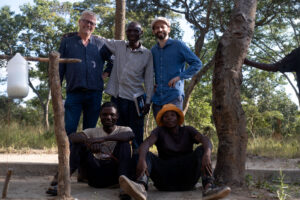 May 16, 2022
May 16, 2022
Philip in the Field: Dots on a Map
Philip's on his first trip into the field. Read more about his journey...
 April 29, 2022
April 29, 2022
Keeping water supplies flowing for the long term in Zambia’s remote communities
In 2021 our partner ECHO, in Zambia, travelled to the remote north-east of Central Province where they met Rostina, a resident of Chola community. Their mission, to repair the village pump, now broken down for six years.
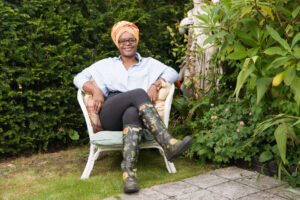 September 16, 2021
September 16, 2021
Advolly Richmond – interview
We were honoured to have Advolly speak for us on The Radio 4 Charity Appeal this year.